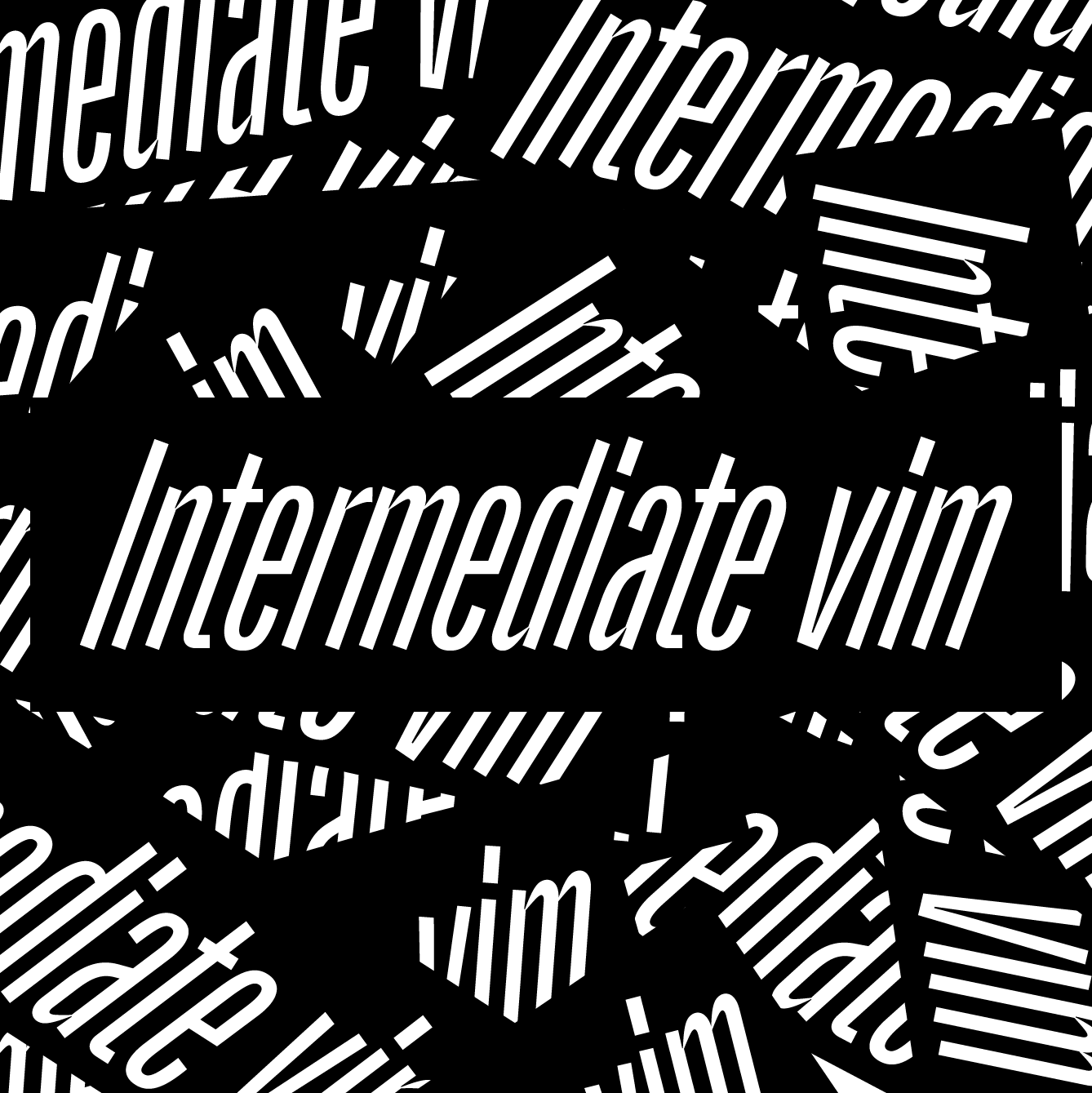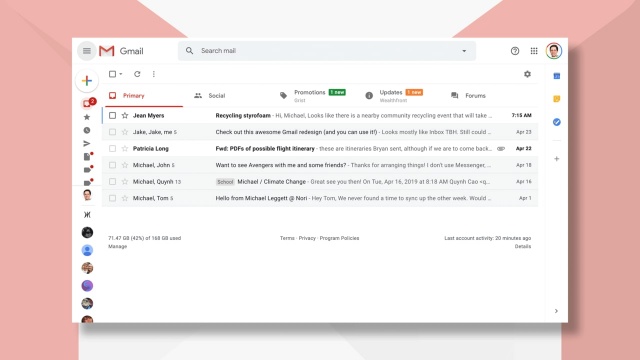
Have you ever opened Excel or Google Sheets just to add or average a few numbers? Me too! Postlight put together a wee application that can run in your phone browser for these situations. No logins or software updates required.



"...there exists a sphere of life that should remain outside public scrutiny, in which we can be sure that our words, actions, thoughts and feelings are not being indelibly recorded. This includes not only intimate spaces like the home, but also the many semi-private places where people gather and engage with one another in the common activities of daily life—the workplace, church, club or union hall. As these interactions move online, our privacy in this deeper sense withers away."Maciej Cegłowski, owner and operator of old-school bookmarking service Pinboard (which I use to power posts like this) spoke to the Senate Banking Committee about online privacy. His thoughtful written statement is an excellent description of privacy in our current tech environment and has some ideas about how regulation could change things. I have no idea how this public statement came about, but I hope our leaders were listening. The gif here is by @thedansherman.



"'Electability' is a way to get voters to carry out a contrary agenda—not their own—while convincing them they’re being 'responsible.'"I think this article is getting at a central problem with Democratic thinking right now. I agree that it’s impossible to know other people’s minds and trying to read minds (or public opinion) hurts my own ability to reason.



“In a connected, searchable world, it’s hard to share information about extremists and their tactics without also sharing their toxic views... Labeling extremist content or disinformation as ‘fake news’ doesn’t neutralize its ability to radicalize.”This article describes the information contagion problem perfectly. I wonder if all information should come with specific instructions to stay grounded after consuming it.